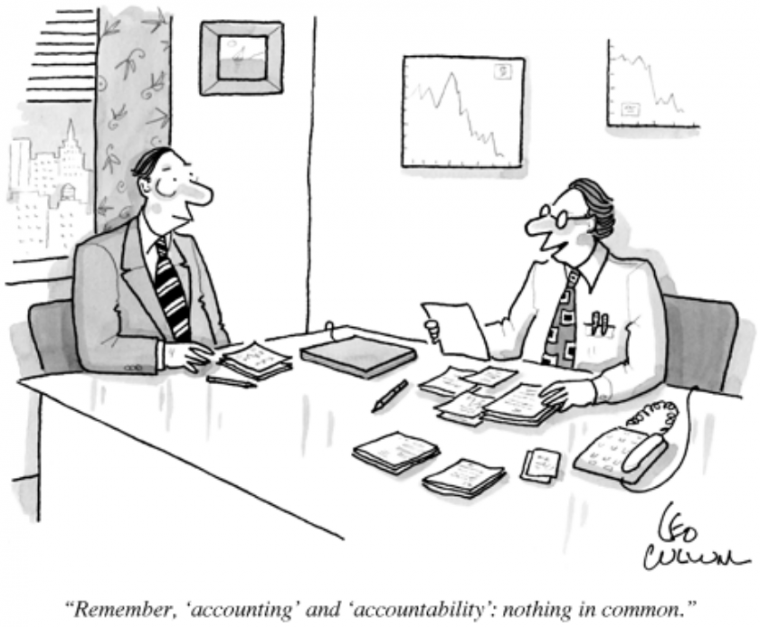What separates the winners from the losers? Some would say natural talent or aptitude or skill. But one important factor that shouldn’t be overlooked is “mindset”.

Your mentality or “mindset” is your set of beliefs or way of thinking. Mindset is what determines your behavior and outlook. Often, people fail because of wrong mindsets or a negative mentality. The way you think about your situation can spell the difference between winning and losing. So how do you begin to possess a winning mentality? Here are a few ideas taken from leadership expert John Maxwell.
Think like a beginner
Beginners are seen as novices. They often lack skill and are unequipped for important tasks. But they also wield a very powerful weapon – teachability. According to Maxwell, it increasingly becomes more difficult to be teachable when you start learning more and achieving success. However, being teachable opens you up to possibilities and opportunities. When you’re teachable, there’s growth and improvement. Obviously, teachability requires humility on the part of experienced leaders. To cultivate this trait, remember that:
- everyone has something to teach you
- every day is an opportunity to learn something
- every time you learn something, you benefit
Maxwell suggests “honestly and openly evaluating yourself on a continual basis.” Whenever you encounter challenges or problems, you need to ask yourself if you’re the cause and be ready if your answer is yes. This is one of the best ways you can grow and improve in life.
Aspire for a growth mindset
Leaders often set goals – you list down tangible and numerical goals that you need to achieve on a predetermined period. Says Maxwell, being goal-oriented is great, but having a “growth mindset” is even better. Having a goal-oriented mentality can lead to stagnation. But if you have a growth mindset, goals become a part of your journey and are not end-results themselves. This way, your growth does not end by achieving goals. You don’t stop working on yourself just because you’ve reached a goal.
Think like a leader, not just a producer
Producers can be given opportunities to lead because they’ve become fruitful or productive. However, if you’re a producer, you need to shift your focus if you want to become a leader. Maxwell says that producers and leaders have different areas of concentration. The producer has a “me” focus – concentrating on what he can do to help and concentrating on the tasks given to him. He feels indispensable in what he does and produces through addition. However, the leader has a “we” focus – concentrating on the team and thinking about who can help the team. He feels responsible for what the team does and produces by multiplication.
In other words, if you want to have a winning mentality as a leader, you have to think more in terms of “we” rather than just “me”. The key is to build relationships with each of your teammates and use your knowledge to help the whole team win.








